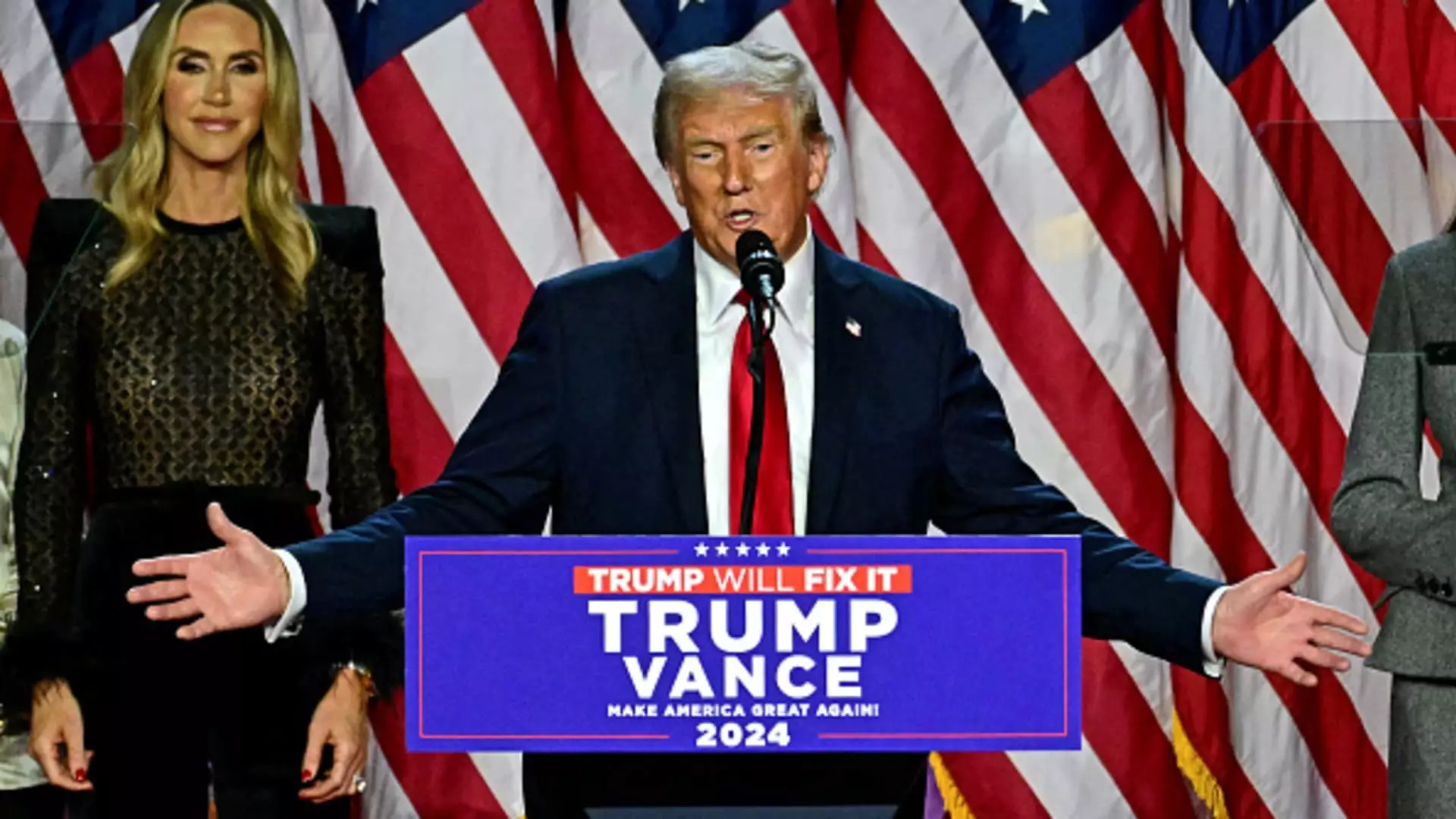The recent electoral victory of President-elect Donald Trump has profound implications for tax policies, particularly regarding capital gains taxes on high earners. The political landscape, influenced by a Republican majority, signals a likely stasis in the current tax structure, particularly benefiting those with significant investment income. Experts agree that proposals for higher taxes on capital gains, especially those targeting the wealthiest individuals, may not materialize during Trump’s presidency.
Vice President Kamala Harris’s campaign highlighted a plan to increase long-term capital gains tax rates from 20% to 28% for individuals earning over $1 million a year. Conversely, President Joe Biden’s proposed budget for the 2025 fiscal year envisaged an even steeper hike to 39.6% for the same demographic. Yet, with the Republican party now in control of both the House of Representatives and the Senate, it appears that higher rates could be firmly off the agenda. Erica York, an economist at the Tax Foundation, emphasizes that under a Trump administration, significant changes to capital gains tax rates are unlikely.
Presently, individual investors benefit from long-term capital gains tax rates ranging from 0% to 20%, dependent on their taxable income. This taxation applies to assets held for more than one year, while short-term assets are taxed at ordinary income rates. For 2024, higher earners also face an additional 3.8% Net Investment Income Tax (NIIT), resulting in a potential maximum effective tax rate of 23.8% on capital gains and investment income. The thresholds for these taxes, set at $200,000 for single filers and $250,000 for married couples, remain static and do not account for inflation.
Looking ahead, the Republican majority signals a tendency to maintain the status quo rather than entertain new tax hikes that would affect individuals on higher income brackets. The GOP may also consider abolishing the NIIT altogether, but such changes could have far-reaching consequences on the federal budget, which is already burdened by a deficit exceeding $1.8 trillion in fiscal year 2024. Howard Gleckman from the Urban-Brookings Tax Policy Center warns that eliminating the NIIT would substantially impact government revenue and complicate budgetary health.
Amid these political dynamics, investor sentiment is relatively positive. Capital gains taxes are often viewed as a crucial aspect of investment strategy, and the potential for their stasis under a Republican government could encourage investment in various asset classes. Investors are likely to welcome predictability regarding their tax responsibilities, allowing for long-term planning without the fear of sudden tax increases. Overall, the combination of Trump’s victory and the GOP’s legislative control indicates that any proposals for drastic tax reform in the realm of capital gains are unlikely in the near future, promoting a sense of stability in the investment community.

